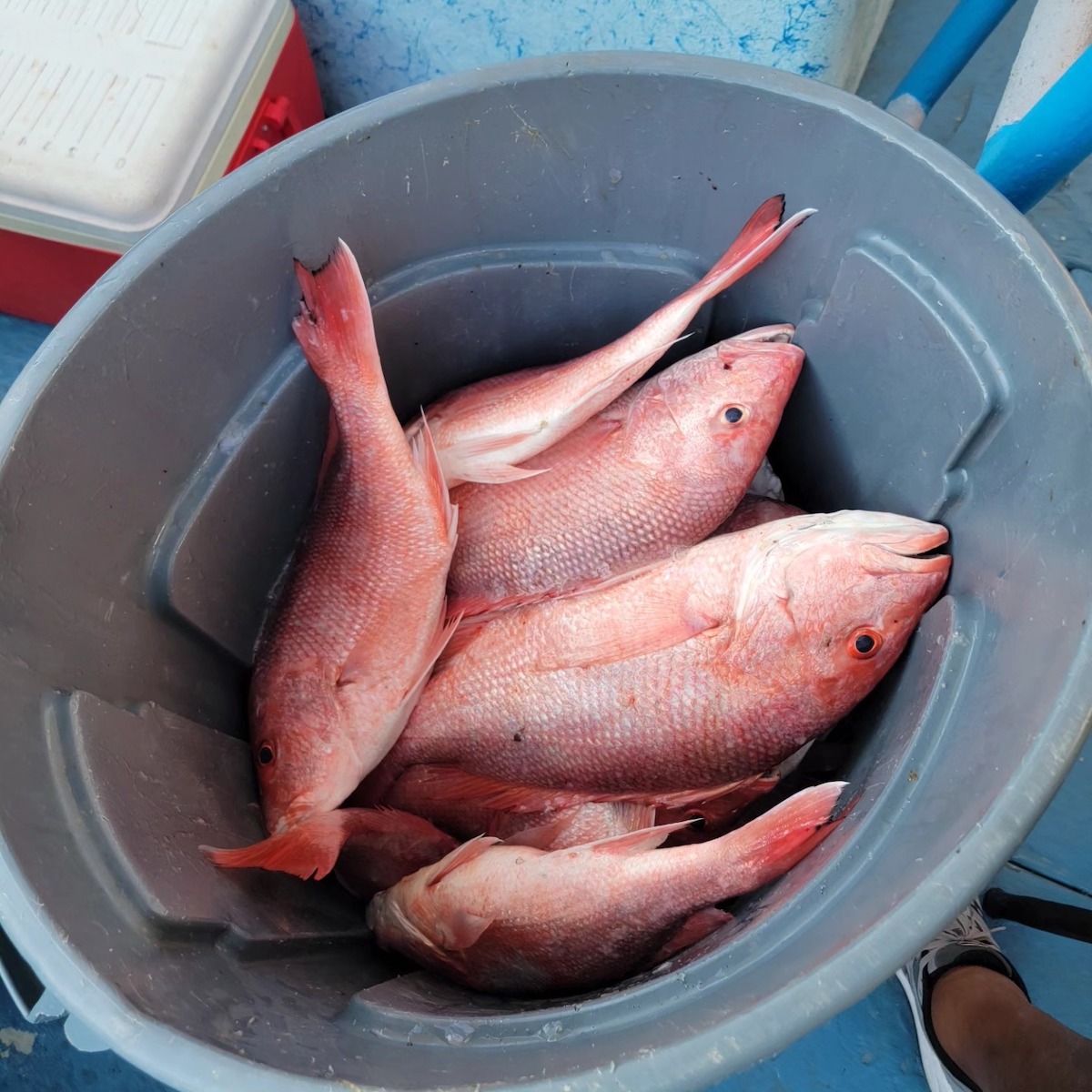OutdoorHub
South Carolina Takes Control of Red Snapper Fishing with New State Law
South Carolina Governor Henry McMaster has signed legislation giving the state authority over red snapper and 54 other fish species within its coastal waters, marking a significant shift from federal oversight that has severely restricted fishing opportunities.
Senate Bill 219, which passed unanimously through both chambers of the state legislature, allows recreational anglers to fish year-round for all 55 species in the red snapper-grouper complex within South Carolina’s three-mile territorial limit. The new law establishes a state management framework for species previously regulated exclusively by the National Oceanic and Atmospheric Administration.
“This new law reflects South Carolina’s commitment to commonsense, homegrown solutions,” McMaster said during the bill signing. “Our anglers deserve a system that’s fair, science-driven, and tailored to our state’s unique waters, not a one-size-fits-all approach.”
The legislation addresses mounting frustration with federal fishing restrictions that have drastically limited red snapper seasons. Last year, NOAA Fisheries opened the recreational red snapper season for just one day, and the commercial fishery operated for less than a month. Poor weather conditions during the brief recreational opening prevented many anglers from taking advantage of the limited opportunity.
State Senator Stephen Goldfinch, who sponsored the bill, argued that federal data significantly underestimates red snapper populations in South Carolina waters. “It’s clear to everyone who has held a fishing pole or has been on a boat offshore that the data is way off,” Goldfinch explained. “You can’t engage in bottom fishing without catching an overabundance of red snapper.”
Federal restrictions stem from NOAA assessments indicating that South Atlantic red snapper stocks are overfished and subject to ongoing overfishing pressures. This contrasts sharply with Gulf of Mexico red snapper populations, which federal scientists consider healthy and not overfished. The agency uses catch rate data from multiple sources, including state-specific surveys and the Marine Recreational Information Program, to set seasonal limits designed to prevent overfishing.
NOAA Fisheries faces a June 2025 deadline to implement a new red snapper management plan following a 2024 court settlement, and the agency has conducted several public hearings on proposed changes.
Gettys Brannon, president and CEO of the South Carolina Boating and Fishing Alliance, praised the state’s proactive approach. “If the federal government were to give us control, we would already have the framework in place for state management and state limits within state waters,” Brannon said.
The new law positions South Carolina to potentially expand its management authority if federal lawmakers grant states jurisdiction beyond the current three-mile limit. Goldfinch expressed optimism about extending state control to 40 or 50 miles offshore, similar to successful expansions in other regions.
“When you look at the gulf, they’ve gone from having two or three days when it was under the federal fisheries management system, to 126 days,” Brannon noted, referencing Florida’s recent success in securing extended fishing seasons. “Those are the sort of days that we need off the coast of South Carolina.”
The South Carolina Department of Natural Resources will regulate the newly state-managed species through its existing fisheries rulebook. However, some charter boat operators remain cautious about potential conflicts between their federal permits and the new state regulations.

Congressman Russell Fry applauded the governor’s action and indicated support for efforts to strengthen South Carolina’s red snapper industry. The legislation represents what supporters call a prime example of federalism, with states asserting their ability to better manage local marine resources than distant federal bureaucrats.
The law takes effect immediately, giving South Carolina anglers unprecedented access to red snapper and related species within state waters while establishing a foundation for potentially broader management authority in the future.
The post South Carolina Takes Control of Red Snapper Fishing with New State Law appeared first on OutdoorHub.


